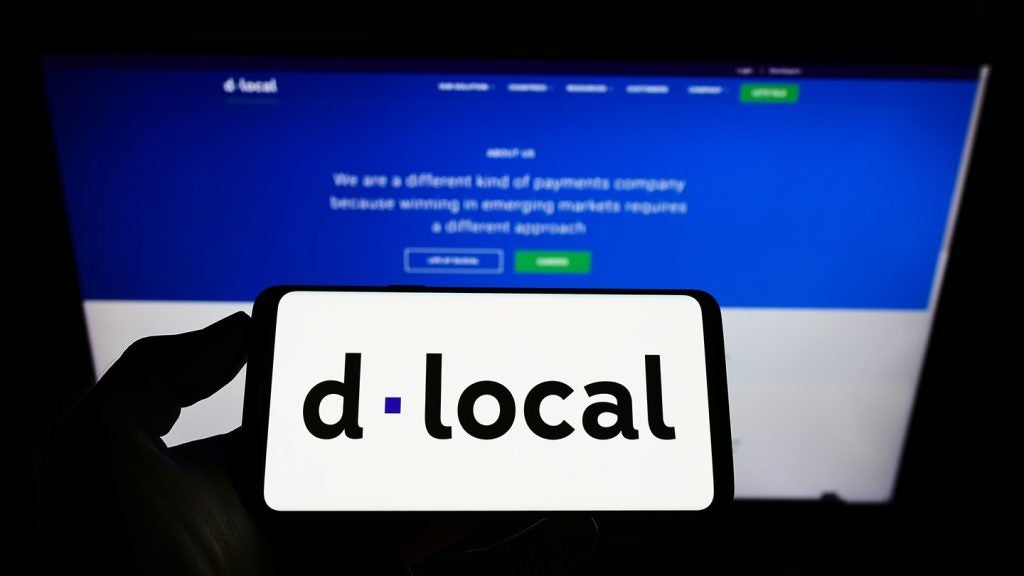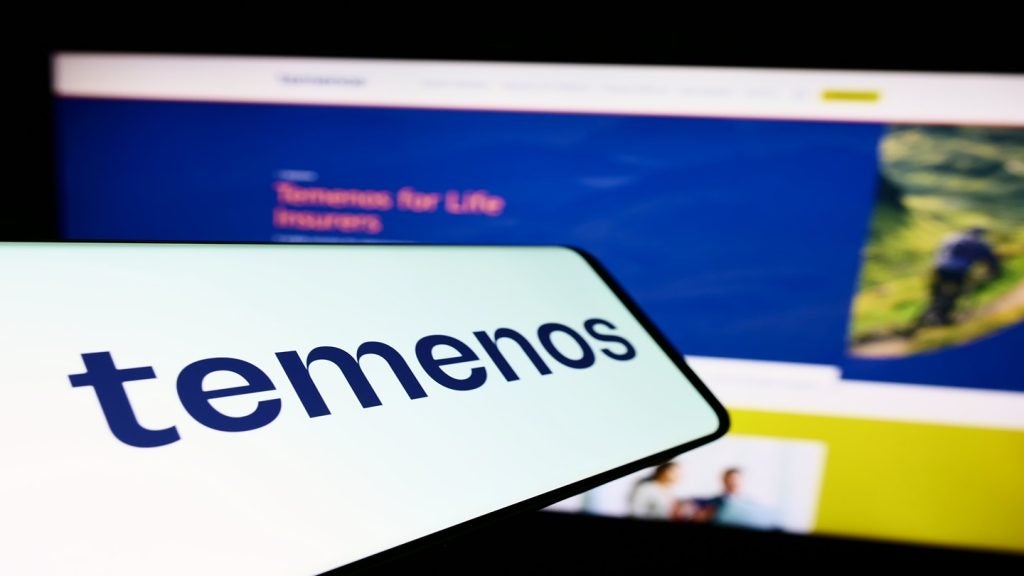With US card issuers under greater scrutiny than ever
before, a new study has examined the terms and conditions of a huge
swathe of credit cards, finding that nearly every product had at
least one feature that would fall foul of new rules being brought
in. Charles Davis reports.
Even as some of the nation’s leading credit card executives trudged
into the White House at the invitation of President Obama, a new
study added fuel to the fire over credit card reform.
A study by the Pew Charitable Trusts found that nearly every US
credit card has at least one feature the Federal Reserve and other
regulators would deem “unfair and deceptive” under new rules
finalised last year.
The Philadelphia-based non-profit organisation based its study on a
review of the terms and conditions of 400 cards offered by 12 of
the nation’s largest credit card issuers, and found widespread
examples of precisely the sort of card industry practices that have
raised the ire of lawmakers and consumer groups and gained the
attention of the nation’s commander-in-chief.
Pew researchers examined the cards offered on 15 and 16 December
2008. According to the study, 93 percent of card agreements enabled
the issuer to raise any interest rate at any time, while 87 percent
of card agreements enabled the issuer to impose automatic penalty
interest rate increases on all credit card balances, even if the
account was not 30 days or more past due.
Stringent interest rate clauses
How well do you really know your competitors?
Access the most comprehensive Company Profiles on the market, powered by GlobalData. Save hours of research. Gain competitive edge.

Thank you!
Your download email will arrive shortly
Not ready to buy yet? Download a free sample
We are confident about the unique quality of our Company Profiles. However, we want you to make the most beneficial decision for your business, so we offer a free sample that you can download by submitting the below form
By GlobalDataThe median penalty interest rate on cards studied was 27.99 percent
per year. Some 72 percent of cards studied included offers of low
promotional rates revocable after a single late payment, and 92
percent of cards included a fee for exceeding the credit limit.
Each of these practices will be forbidden once the Federal
Reserve’s new credit card rules take effect on 1 July 2010,
although the Democratic majority in Congress is pushing for a law
making those restrictions effective immediately. The Pew study adds
considerable weight to the arguments of industry reformists, as the
industry seeks to slow or even halt the regulations.
The study also found that between 2007 and 2008, issuers raised
interest rates on nearly one quarter of credit card accounts,
costing consumers collectively more than $10 billion. As a result
of its research, Pew developed its own ‘Safe Credit Card Standards’
to protect consumers that parallel key provisions of the Fed’s new
rules.
Those rules include banning interest rate increases on existing
debt, except when payments are at least 30 days late and requiring
issuers to apply cardholders’ payments first to their
highest-interest balances. But Pew recommends immediate enactment
of legislation that would go further, including eliminating all
over-limit and other penalty fees other than fees for payments made
more than 30 days late and banning fees for making or expediting
payments.
“Only Congress can help the tens of millions of Americans who are
affected by [practices deemed unfair and deceptive] now,” the
researchers wrote.
Congress is currently debating legislation that would provide
immediate enforcement of many of the principles outlined in the
standards. Representative Carolyn Maloney’s Credit Cardholders’
Bill of Rights, a bill that passed by a wide margin in the House
last year before expiring without Senate action, has been
reintroduced. Several bills addressing unsafe practices have also
been proposed in the Senate, including the Credit Card
Accountability, Responsibility and Disclosure Act, introduced by
Banking, Housing and Urban Affairs Committee Chairman Senator Chris
Dodd.
Politicians crank up the pressure
“With more and more Americans relying on their credit cards to pay
for everyday living expenses in this economy, we need to make sure
the cards they’re using are safe and fair,” said Nick Bourke,
manager of Pew’s Safe Credit Cards Project. “Our research makes it
clear that legislation is needed urgently to help borrowers protect
their financial future. If we learned that a car company designed a
car with faulty brakes, we wouldn’t let them continue to sell it
and put people in danger for nearly a year and a half – we’d make
them stop now. Congress needs to do the same with credit card
companies – fix unsafe policies before more families are
hurt.”
The White House meeting, which included representatives from Bank
of America, HSBC and Capital One, among others, underscored the
political gravity of an issue that the financial services industry
once dominated.
After the meeting, President Obama made clear his intentions,
pledging to support legislation that protects credit card borrowers
from unfair rate increases and cracks down on issuers who engage in
deceptive lending practices. Obama said that while credit cards are
an important source of liquidity for consumers and small
businesses, “the days of any time, any reason rate hikes and late
fee traps have to end.”
Industry players argue their case
Credit card companies generally have taken the position that new
restrictions will make credit more expensive and harder to get at a
time when consumers need it most. That argument held sway for
years, but in the midst of the financial meltdown, it is clear that
consumer outrage over card industry practices has gained traction
in Washington.
Obama said he wants to make sure that credit card companies “are
able to make a reasonable profit – but they’re doing so in a way
that is responsible.” Issuers who engage in illegal practices will
“feel the full weight of the law”, he warned.
Hours after the card executives filed out of what surely was a most
dispiriting meeting, Senator Charles Schumer, a Democrat from New
York and Senator Dodd called on the Federal Reserve to impose an
“emergency freeze” on issuers’ ability to raise interest rates on
existing debt.
Of course, most of the issuers summoned to the White House meeting
have also received government assistance as part of the federal
bail-out, putting the government in an awkward position. As a
shareholder, American taxpayers profit from the banks’ improved
earnings. At the same time, the administration is trying to take
steps that, while helpful to consumers, could cut into the
institutions’ profitability.
One executive reportedly told the president that although her
assignment had been to try to persuade the president not to support
new restrictions, “it was pretty clear I won’t succeed.”
“You’re probably right,” the president replied. “But you should
feel free to make your pitch.” The meeting then dissolved into
nervous laughter, according to the issuers in the room.







